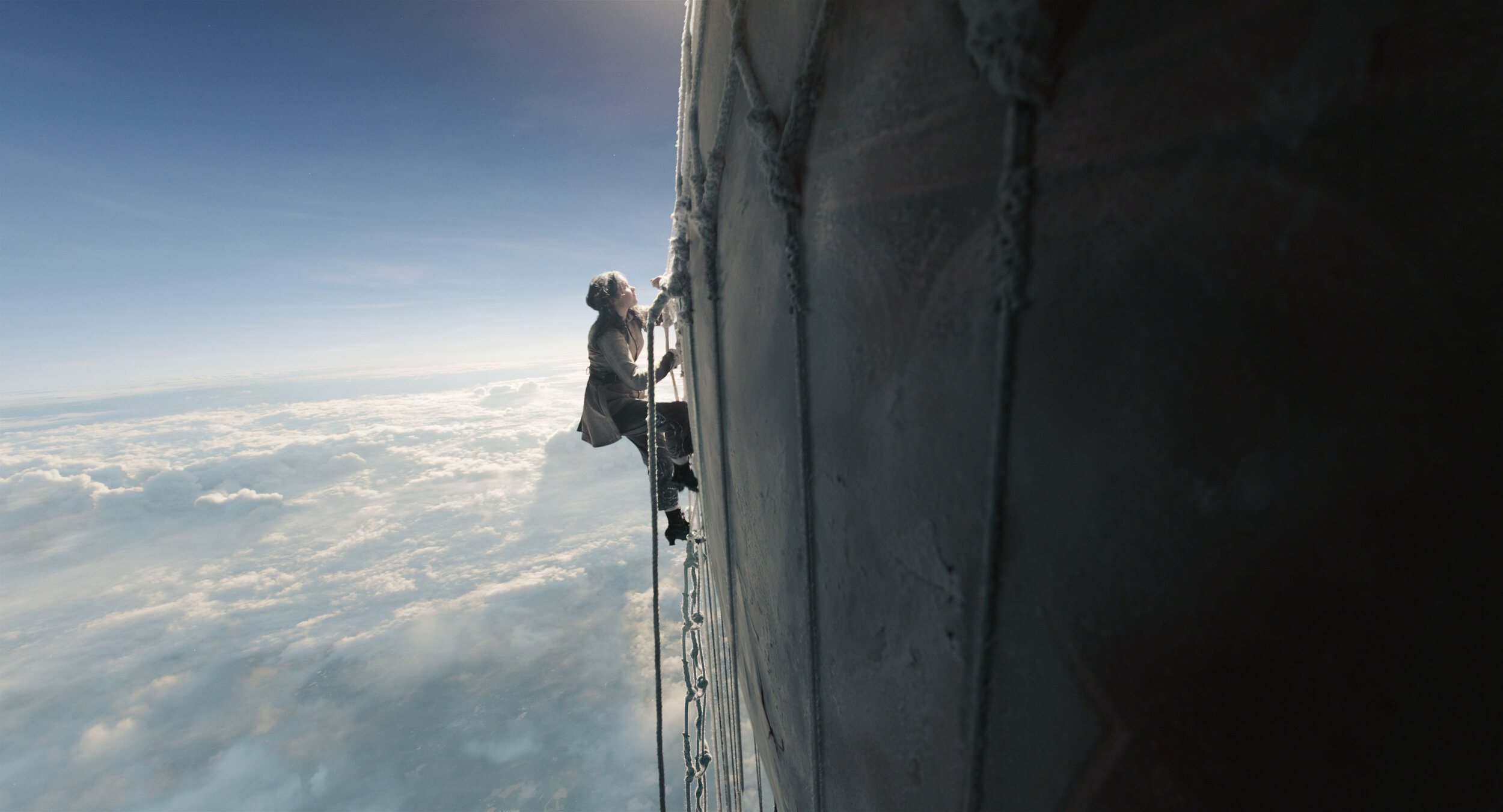Director Clint Eastwood’s legal drama “Richard Jewell” is, we’ve been told in countless ads for the movie, about the truth — specifically, the truth about the Atlanta security guard wrongly accused of planting a bomb during the 1996 Summer Olympics.
But with Eastwood and screenwriter Billy Ray, truth appears to be a zero-sum game — because to tell the “truth” about Jewell, these filmmakers smeared the reputation of a dead woman.
Eastwood and Ray do set forth some of the facts in a quick, straight-forward way. They start by showing Jewell (played by Paul Walter Hauser) as a shlub in a government office, delivering office supplies and talking about his goal of working in law enforcement. It’s in this office where he meets a lawyer, Watson Bryant (Sam Rockwell), who gives him the nickname “Radar” (after Gary Burghoff’s eager-to-please character on “M*A*S*H”).
We then see Jewell working as a security guard at a small Georgia college, until his overbearing police-wannabe behavior gets him fired by the dean (Charles Green). Eventually, Jewell, who lives with his momma (Kathy Bates), bounces back and gets a job working security at the Olympics, specifically in Centennial Park, where crowds gather to celebrate winners and enjoy nightly concerts.
One night, Jewell finds a suspicious package under a park bench, and alerts the cops around him. They find some very big pipe bombs, and Jewell helps the cops push the crowd back before it blows — killing two and injuring 111 people. All agree it would have been worse if not for Jewell’s fast action, and he soon becomes a hero and media sensation.
That good feeling is short-lived, when the FBI office in Atlanta starts investigating — and a profiler suggests Jewell, as a wannabe cop seeking attention, might have planted the bomb himself. That thin thread is then leaked by an FBI agent (Jon Hamm) to an Atlanta Journal-Constitution reporter (Olivia Wilde).
And here’s the moment where Eastwood and Ray do their damage to the reputation of Kathy Scruggs, the real-life reporter who broke the story that the FBI was investigating Jewell as the bomber. As a recent AJC article reports, Scruggs got that scoop because she was a dogged reporter who worked with sources at every level of law enforcement in Atlanta. As the movie tells it, Scruggs got that scoop by screwing the FBI guy. (This happens off-camera, to the disappointment of anyone hoping to see Hamm and Wilde, among our most attractive movie stars, in a bedroom scene together.)
The trope of a female journalist using sex to get a story is an ugly cliche that pops up whenever a filmmaker wants to make the press into a villain. It’s a lie, and Eastwood should apologize for it. Ray should be particularly ashamed — after all, he wrote and directed the 2003 drama “Shattered Glass,” based on the story of the reporter for The New Republic who fabricated articles.
A more interesting story would show Scruggs doing everything a journalist is supposed to do — it’s not a lie that the FBI was investigating Jewell immediately after the bombing — and still the wrong guy gets accused. It also would have been more interesting to show Scruggs, who died in 2001, guilt-ridden by what doing her job did to another human. Both of those things, as the AJC reported, would also have had the benefit of being true. (It’s also true that the guy who did plant the bomb, Eric Rudolph, was a right-wing zealot also bombed a lesbian bar and two abortion clinics — but the rigidly Republican Eastwood omits those facts from his narrative.)
Wilde has taken some criticism for taking this role, especially considering she grew up among journalists — but I only blame her about 10 percent for how Scruggs is portrayed. Wilde, in an interview, said she’s being held to a double standard that her co-star, Hamm, has not faced. True, though Hamm’s character is a fictional composite character, probably because live FBI agents can sue and a dead reporter cannot.
The stick-figure villainy of Hamm and Wilde’s characters, as conceived by Eastwood and Ray, is enough to make a viewer distrust the rest of the movie. That’s unfortunate, because Hauser (who played the knee-breaking accomplice in “I, Tonya”) gives a strong, sympathetic performance as Jewell, finding the self-deprecation of a man constantly undervalued because of his girth. Hauser is nicely matched by Rockwell, whose character reappears as the lawyer Jewell needs to fend off the Feds and the media circus.
In the end, “Richard Jewell” doesn’t even do Jewell any favors. If there’s one thing we take away about Jewell, who died in 2007, is that he believed in being fair and honest. One can only wonder what he would have thought of what Eastwood and Ray have done to Kathy Scruggs’ good name.
——
’Richard Jewell’
★★
Opens Friday, December 13, in theaters everywhere. Rated R for language including some sexual references, and brief bloody images. Running time: 130 minutes.







